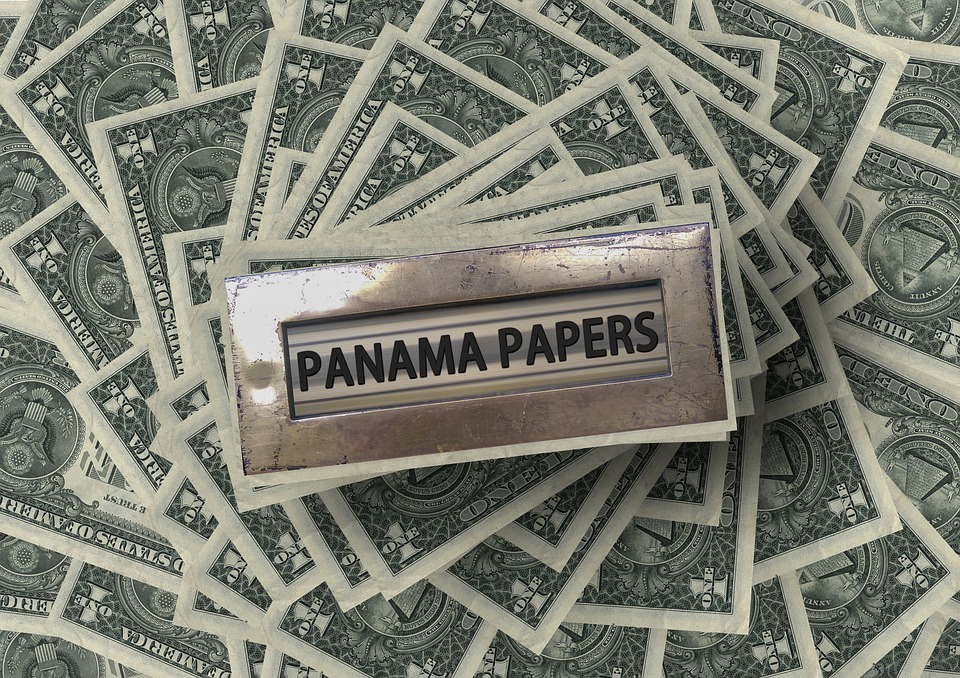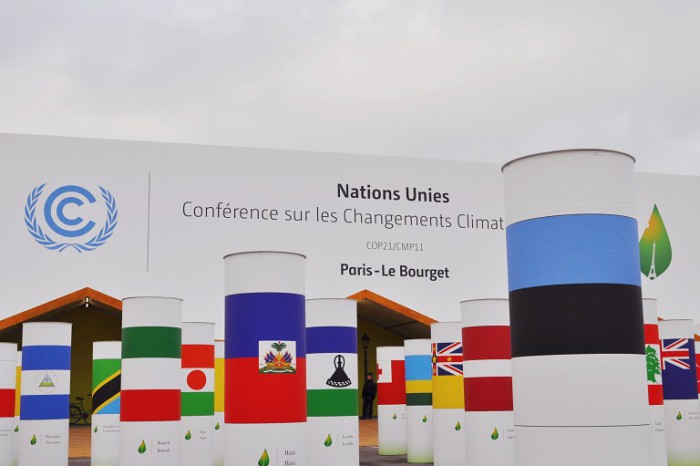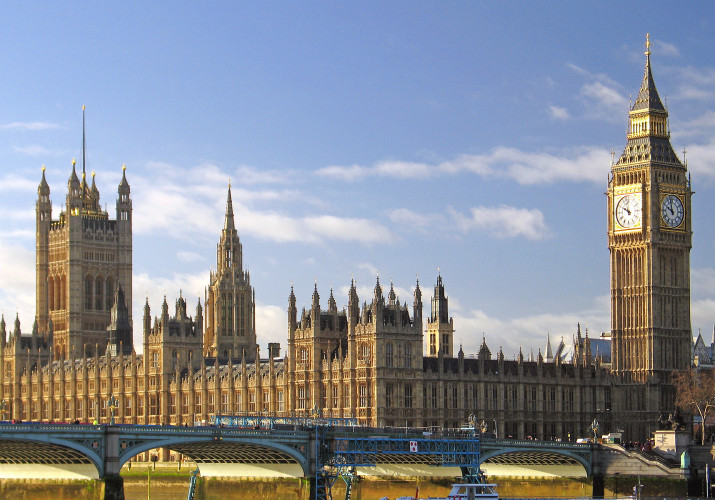“Courage is contagious” – Edward Snowden.
When Snowden leaked confidential files showing the surveillance of the U.S. government in 2013, he hoped that it would inspire others to bring accountability to the government through similar revelations. Nearly three years later, the latest leak reveals that the depth of global political corruption is more widespread than anticipated. TIME magazine wrote that the Panama Papers could lead to capitalism’s great crisis, while The Economist believes furor over the issue will only rise in the coming months.
Meanwhile, Europe is battling socio-economic and political instability in many regions. So what exactly are the Panama Papers and how do they relate to Europe’s political accountability?
THE LARGEST LEAK OF INSIDER INFORMATION
The Panama Papers are a collection of leaked documents that discusses how wealthy individuals hide their money overseas. Of those mentioned, 140 are politicians from more than 50 countries, including heads of state, their associates, ministers, and elected officials in 21 tax havens. Many of the dealings are legal, but others have set up overseas companies to launder their money, provide fake loans, and purchase lavish gifts for those around them.
The files were acquired by a German newspaper and eventually reached the International Consortium of Investigative Journalists (ICIJ) who officially published their first report on April 3, 2016. The ICIJ released an interactive graphic that explores who did what and to what extent they hid their money overseas.
Europe, in particular, has suffered from the leaks. Balancing economic and migrant discussions, political leaders in each nation will be having very different discussions.
ICELAND
Sigmundur Gunnlaugsson who became Iceland’s Prime Minister in 2013, had concealed shared ownership with his wife of an overseas company that had bonds in three Icelandic banks. As creditors to those banks, when the financial crisis hit, they paid off bank debts with people’s savings and bonds. Gunnlaugsson became chairman for the Progressive Party and was elected to parliament in 2009. He sold his stake in the company to his wife for $1 USD to avoid transparency laws.
After the financial crisis in 2008, creditors had to pay a 39% stability tax if they pulled money out of Iceland. In 2015, Gunnlaugsson changed that law and his government removed the stability tax. Thus, 2 billion Euros that should have gone to the state went to bank creditors – the firm Gunnlaugsson sold to his wife being one of them.
The Panama Papers exposed all of this and it is the reason he walked off an interview on camera when pressed on these allegations. As of April 5, 2016, he has officially resigned from office, only two days since the release of the files.
RUSSIA
In the Panama Papers, Vladimir Putin does not exist.
A trail of offshore deals and loans worth $2 billion leads to the President of Russia and his elite inner circle. Putin’s overseas company was used to purchase a yacht, provide unsecured lines of credit at nearly no interest rate, and build the material wealth of those around him.
The Guardian released a video that breaks down exactly how Vladimir Putin hid money overseas.
Last year, Russian media dispelled its “mafia state” title as a myth; now, they are calling the ICIJ revelation a political attack and hoax. A new political discussion will take place in which Putin isn’t being singled out, but is shown to play the same game as the Western political leaders. Where in other nations political power is used to acquire wealth, in Russia wealth is used to acquire political power. The Panama Papers show Russian citizens that their leader is responsible for transparency as much as their Western counterparts are.
THE UNITED KINGDOM
Not all of politicians in the Panama Papers were equal in corruption and the case of British Prime Minister David Cameron is one example.
Already in a political discussion regarding its ambivalent relationship with the European Union, “Brexit” – Britain’s possible exit from the EU – is a topic that has been lingering for years. Taxpayers must now also come to grips with the fact that their Prime Minister is tied to the Panama Papers as well.
His father’s offshore fund “Blairmore Holdings” was exposed in the leak. The company was created to avoid paying British taxes. Cameron admitted to owning shares in the trust, but that he had sold them four months before his election victory to avoid any future transparency issues. As a figurehead on tax reform, it is difficult to explain ethically how you are part of an overseas firm holding funds.
At a time of uneasy tension in the UK, British citizens will not be content with Cameron’s heightened security measures and claims that his family’s lack of paying UK tax for 30 years is a private matter. They will be happy to note, however, that he appears to not be involved in illegal activity and hasn’t been a part of Blairmore Holdings for many years.
THE FUTURE OF ACCOUNTABILITY
The Panama Papers have pushed out the Prime Minister of a European nation and have ignited a political fire that demands accountability in numerous nations. It is highly unlikely this matter will force Cameron out of office as it did Gunnlaugsson. However, raising a discourse on political accountability regarding a leader of the Western World can prove to be historically unprecedented. Putin’s connection may finally raise questions within his cult following and will see him answer to his own citizens instead of attacking other leaders.
CartoDB analyzed and mapped data that shows just how deep and connected every state in the world is in this revelation.
The Panama Papers are an admission of what the world believed regarding secretive politicians; those that haven’t been exposed as corrupt have still become detached from the average citizen. Europeans have been very vocal with their governments recently regarding socio-economic and migratory issues, but now, discourse will ask important questions on legality, transparency, and for whom the political system is working.




